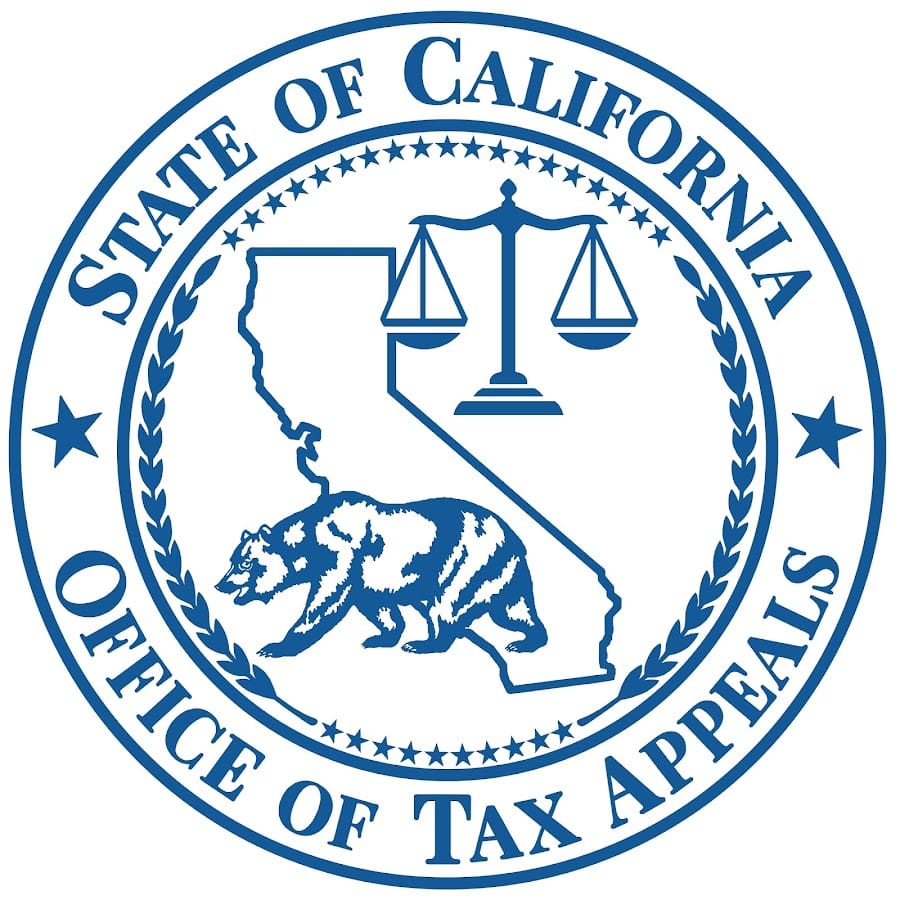
California Residency Tax Issues
The recent California Office of Tax Appeals (OTA) decision in the Buehler case highlights some of the California residency tax issues a California resident (or nonresident) may face when they have business interests or property inside and outside of California. Buehler involved a taxpayer who resided in California but held an interest in a Massachusetts based partnership. Unlike Ferris Buehler who was able to artfully dodge his way out of trouble while playing truant from school, the Buehlers in the OTA case were not so lucky. The Taxpayers in the OTA case ended up getting double taxed by both the state of California and state of Massachusetts when they sold off their partnership interests. (I may be remiss by failing to mention one of the Taxpayers passed away during their tax dispute as well.)
The California Revenue and Taxation code places a tax on all income a California resident earns, regardless of whether the income is sourced within California. California residents who have business activities in other states like rental properties or businesses generally must pay California income tax on the income they earn on those out-of-state business activities. Depending on applicable state tax laws of the states in which they operate, California residents may also have to pay state income taxes to those states. In the Buehler case, the taxpayer had to pay California income tax on the sale of his partnership interests because he was a California resident. He presumably needed to pay Massachusetts income tax as well.
California residents may be protected from double state taxation as the California Revenue and Taxation Code allows California taxpayers, in some circumstances, to claim credits for taxes paid to other states. For example, a California resident sells a house located in Massachusetts. The taxpayer owes and subsequently pays the state of Massachusetts $1,000 of Massachusetts state income tax due from the sale of the house. The California resident will have to pay income tax on the sale of the Massachusetts house, but the California resident may claim a $1,000 credit against the California income tax owed (i.e., taxpayer lower their California tax bill by up to $1,000 because of the Massachusetts credit claimed). However, there are limitations on the credit a California resident can claim as the Taxpayers in Buehler found out.
One limitation on the California credit is the income must be sourced outside of California. Generally, ownership interests in businesses like partnership units or shares of a corporation are sourced to the state the business owner resides. If you are a California resident and own shares of the Abe Frohman Sausage Corporation which is incorporated in Delaware but headquartered in Illinois, for tax purposes, your corporate shares will be sourced within the state of California for California. Even though the partnership in the Buehler case had business activity within the state of Massachusetts, the Office of Tax Appeal found the Taxpayers’ interest in the partnership was sourced in California because that is where the Taxpayers resided. The Taxpayers in Buehler were not able to claim a tax credit for the Massachusetts taxes they paid because their income from the partnership was not sourced to Massachusetts.
This can be problematic as different states jealously eye tax revenue like a 1961 Ferrari with only 126 miles on the odometer. States like Massachusetts may look to tax California residents’ income which may not qualify for the credit. This can lead to double state taxation for the unaware.
The tax laws of California and other states are a complex web which people who live, work, or invest in two or more states must navigate.
At RJS LAW, we help clients with tax planning advice as well as representation on residency audits and other state tax matters. For a free consultation please call our firm at 619-595-1655 or contact us the web with your state (or federal) tax questions.
Written by Joseph Cole, Esq., LL.M.

Leave a Reply